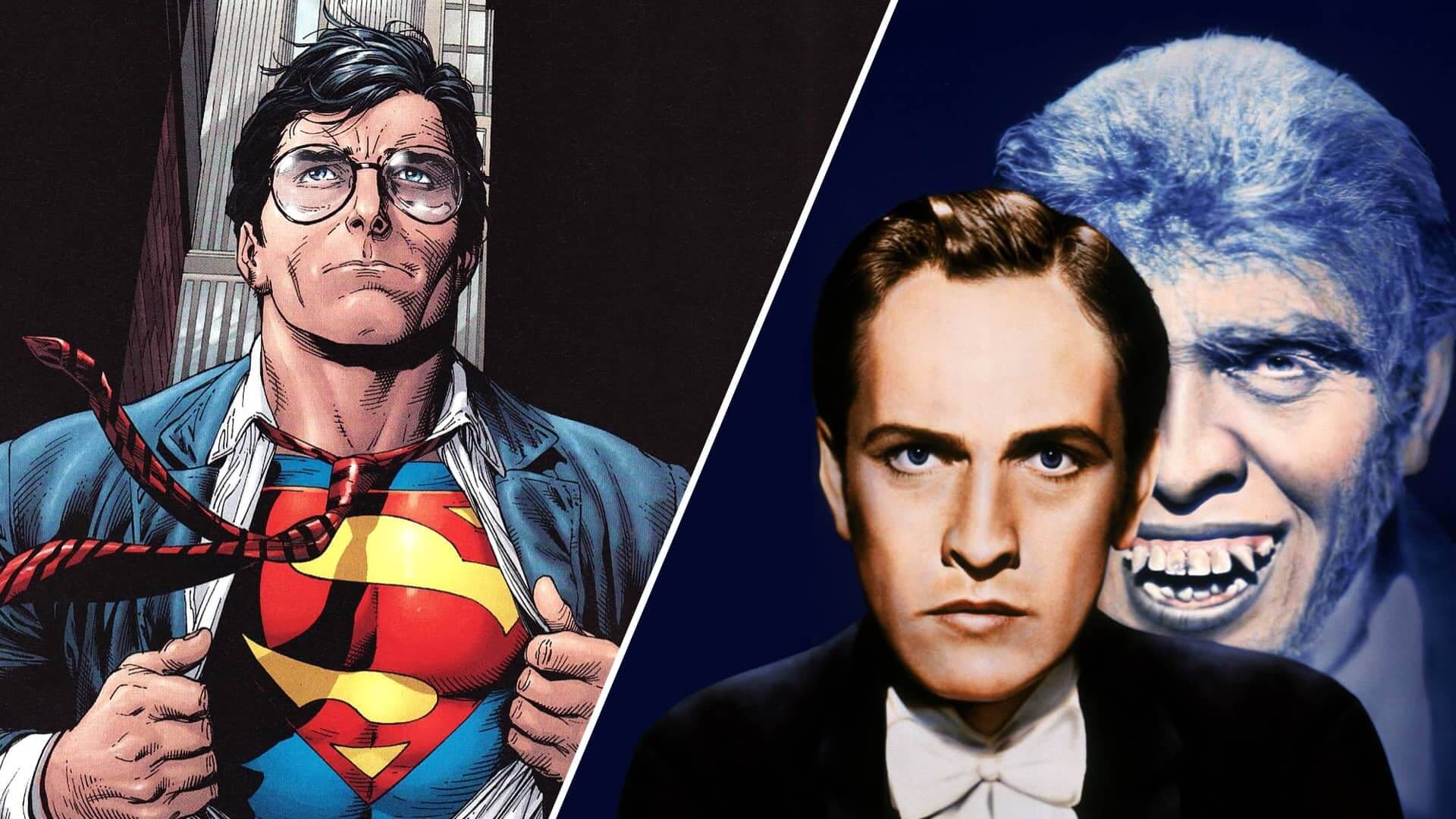An alter ego, often seen as a second self or a parallel identity, reflects the dual nature of the human character, encompassing aspects that may be suppressed or unexplored in a person’s primary persona. A fascinating concept, it not only permeates realms of psychology and personal development but also significantly shapes literary narratives and pop culture. This exploration will analyze the intriguing world of alter egos, unearthing the inherent dichotomies that define our human existence.
What is an Alter Ego in Storytelling?
First, let’s define alter ego
The concept of an alter ego exists throughout culture from literature to cinema to psychology and philosophy. Before we dive into specific uses of alter ego, let us first establish an understanding of its definition.
ALTER EGO DEFINITION
What is an alter ego?
An alter ego is a secondary self, an alternative personality or character that is different from an individual's usual identity. This term originated from the Latin phrase, meaning 'the other I.' It can serve as a psychological landscape to project parts of the self that are often hidden or suppressed, allowing individuals to explore dimensions of their character that remain unexpressed in their daily lives.
In the world of fiction, alter egos often serve to illustrate psychological complexity, depicting the multifaceted nature of human beings. They can also be seen in everyday life, often adopted by individuals to navigate different social contexts or cope with challenging situations. As such, the alter ego concept underlines the inherent duality in human identities and behaviors.
Famous Alter Ego Examples:
- Batman and Bruce Wayne
- Dr. Jekyll and Mr. Hyde
- Hannah Montana and Miley Stewart
Alter egos are more than just fictional constructs; they are psychological phenomena that have intrigued us for generations. The idea of harboring another identity within oneself is fascinating because it challenges our understanding of selfhood and personality. We are drawn towards the mystery, the duality, and the sheer unpredictability that alter egos bring to the table.
Think about it for a moment. What if you had an alter ego? What would they be like? Would they embody your deepest desires, your repressed feelings, or perhaps, your darkest fears? These questions provoke thought and stir our curiosity, making stories with alter egos all the more compelling.
Exploring the captivating world of alter egos has piqued our curiosity. Now, let's delve into the realm of writers and storytellers and discover how they harness the power of alter egos to weave mesmerizing tales and create indelible characters.
What is an Alter Ego Used For?
The reflective power of alter egos
In the world of literature, authors have often used alter egos not just as plot devices, but as mirrors reflecting societal norms and human nature. This is where the power of alter egos truly shines — they allow us to see ourselves, our societies, and our deepest conflicts in a new light.
They serve as a literary tool for self-reflection, inviting readers to examine their own identities and beliefs through the lens of an alter ego.
Consider Oscar Wilde's The Picture of Dorian Gray. Dorian Gray, a young man of extraordinary beauty, makes a wish that his portrait ages while he remains youthful. As Dorian indulges in every form of pleasure and immoral act, his portrait grows increasingly grotesque, reflecting his decaying soul.
Here, Dorian's portrait is his alter ego, serving as a stark mirror to the societal norms of Victorian England, where appearances were prized over substance. It's a powerful commentary on vanity, morality, and the dual nature of man.
Alter Ego Uses
Exploring duality
Diving deeper into the concept of duality, it's interesting to note how alter egos allow authors to explore different facets of personality and society. Take, for instance, Mark Twain's The Prince and the Pauper. In this story, a prince and a pauper, who look identical, switch places. Each alter ego experiences the other's life, providing a unique perspective on class disparity and social justice.

The Prince and the Pauper
This duality gives authors the flexibility to delve into complex themes and societal issues. They can show characters grappling with their inner demons, wrestling with external pressures, or even traversing different social landscapes. It's this exploration of duality that makes stories with alter egos so rich and layered.
Related Posts
Alter Egos and Escapism
The escapist aspect of alter egos
In addition to reflecting societal norms, alter egos can also serve as an escape from reality. In times when life becomes overwhelming, taking on a different persona can provide a temporary respite from the pressures of everyday life. This escapist aspect of alter egos is evident in the world of cinema and television, where characters often use alter egos to cope with their struggles.
For example, in the hit TV show Breaking Bad, science teacher Walter White transforms into his alter ego "Heisenberg," a ruthless drug lord.

Breaking Bad
As Heisenberg, he sheds off societal expectations and moral constraints, giving himself the freedom to do whatever it takes to provide for his family. In this way, his alter ego serves as a coping mechanism for the immense stress and responsibilities Walter White faces.
Alter Ego Examples
The role of alter egos in narratives
The transformative power of alter egos extends beyond personal escapism and societal reflection, playing a revolutionary role in narrative construction. Let's look at how alter egos can dramatically reshape storylines, adding unexpected twists and depth to the narrative.
Suspense
Alter egos have long been revolutionary tools in storytelling. By creating a secondary identity for a character, authors introduce a sense of suspense, depth, and complexity to narratives. The audience is kept on edge, curious about when the alter ego might surface and how it will impact the storyline.
An example is Dr. Jekyll and Mr. Hyde, where the alter ego reveals the inner struggle between good and evil.

Dr. Jekyll and Mr. Hyde
Character Depth
Alter egos allow authors to explore the depth of a character. They bring to light the hidden aspects of a character's personality, revealing their innermost desires, fears, and conflicts. This psychological depth creates multi-dimensional characters that are relatable and human, drawing the audience deeper into the narrative.
For example, Sherlock Holmes' drug addiction contrasts with his brilliant detective persona, adding a dark layer of intrigue.
Complexity
Alter egos highlight the dynamic nature of human personality and identity. They reflect the reality that individuals often wear different masks in various situations. This complexity lends a sense of realism to fictional narratives, enhancing their appeal and relatability.
Clark Kent's transformation into Superman is a prime example, showcasing the contrast and duality between his ordinary and extraordinary personas.

Clark Kent Alter Ego
Alter egos are powerful narrative tools that allow authors to delve into the complexities of human nature, societal norms, and personal identity. The allure of alter egos lies in their ability to reflect our multifaceted identities, revealing the masks we wear and the roles we play in our societal and personal narratives.
They provide an avenue for exploring duality, reflecting societal constructs, offering escapism, and adding depth and intrigue to some of the most memorable characters and narratives we know today.
Up Next
What is a Character Arc?
Having explored the depth and complexity that alter egos bring to storytelling, let's now turn our attention to another crucial aspect of character development: the character arc.
